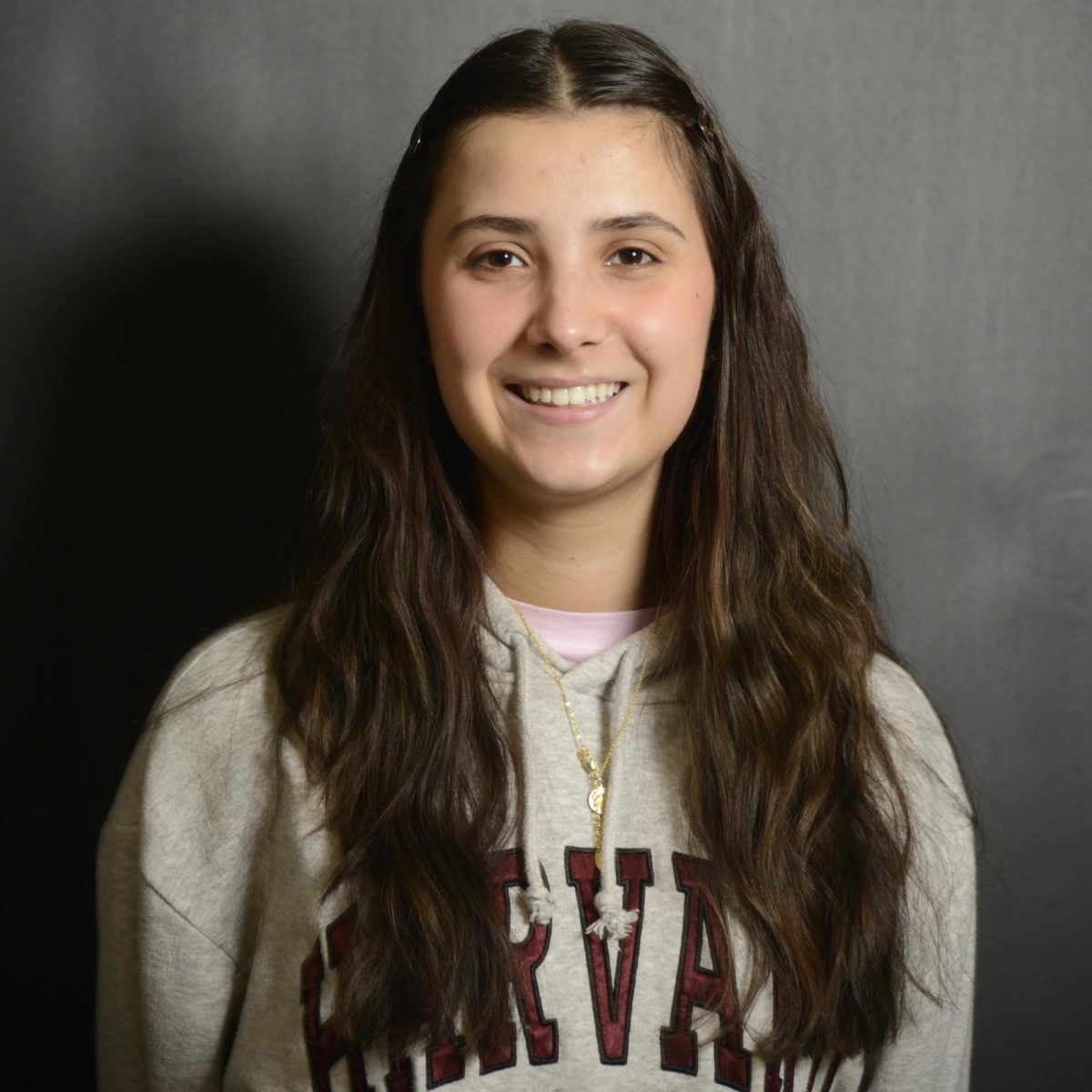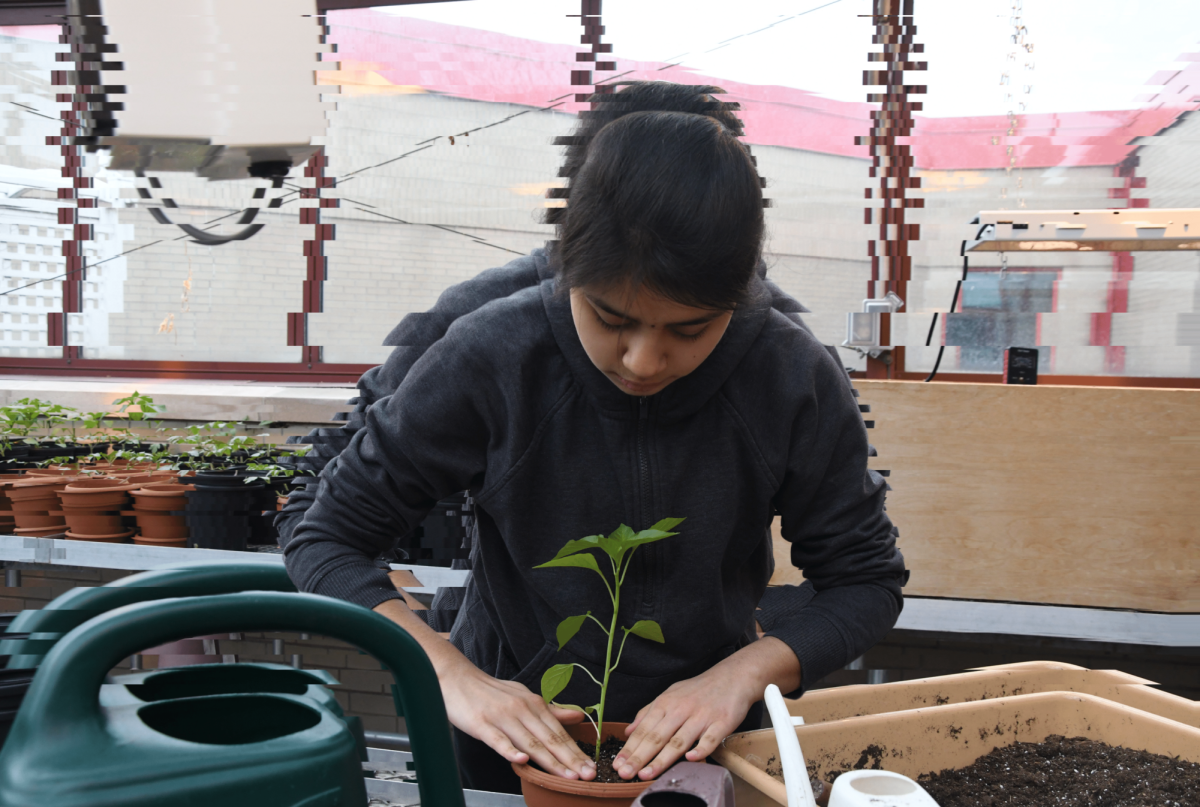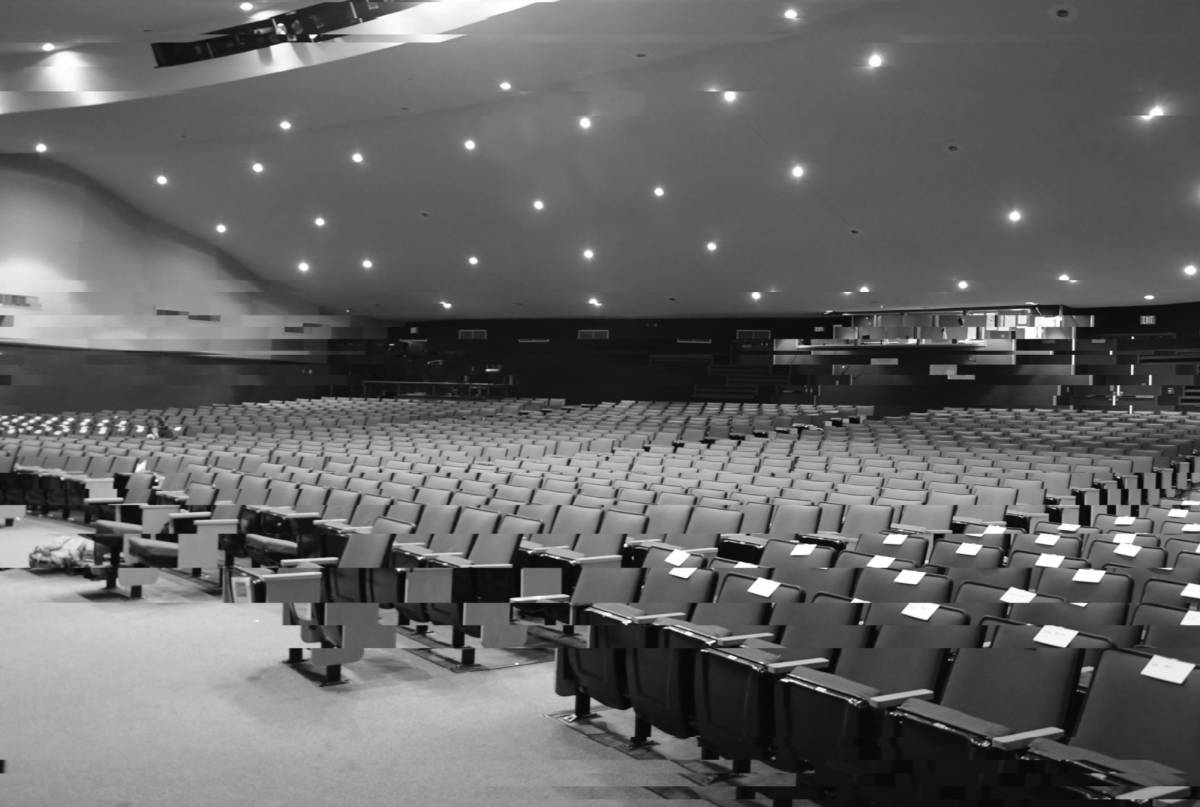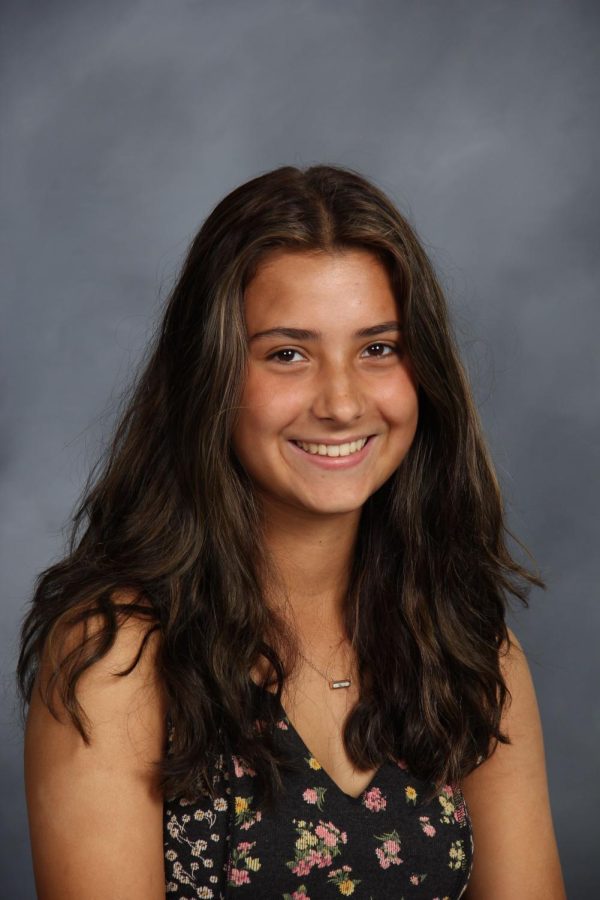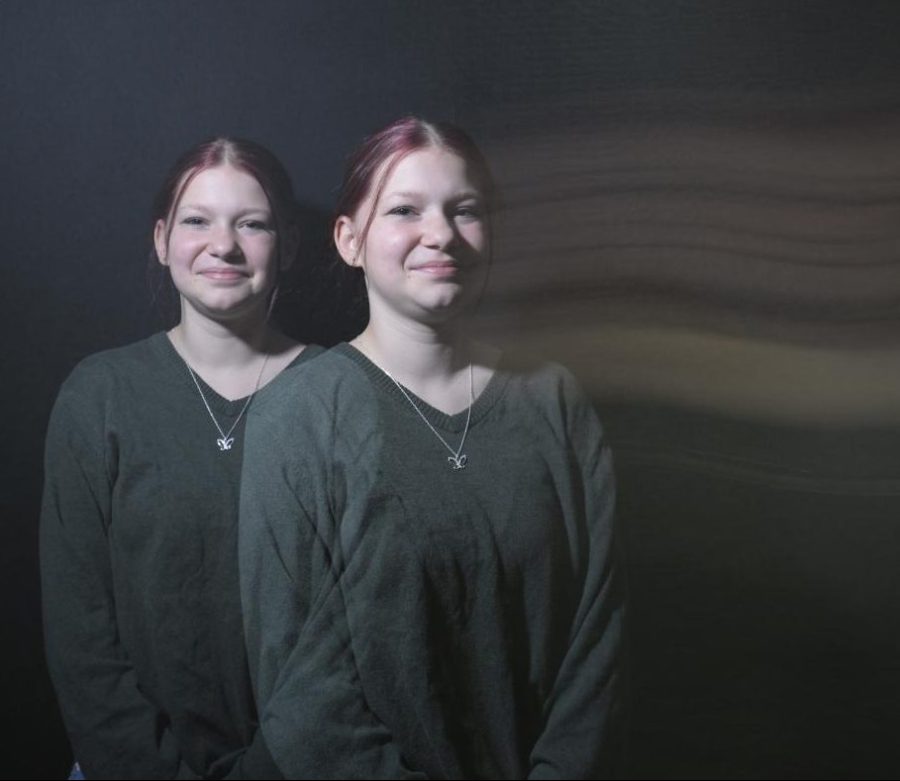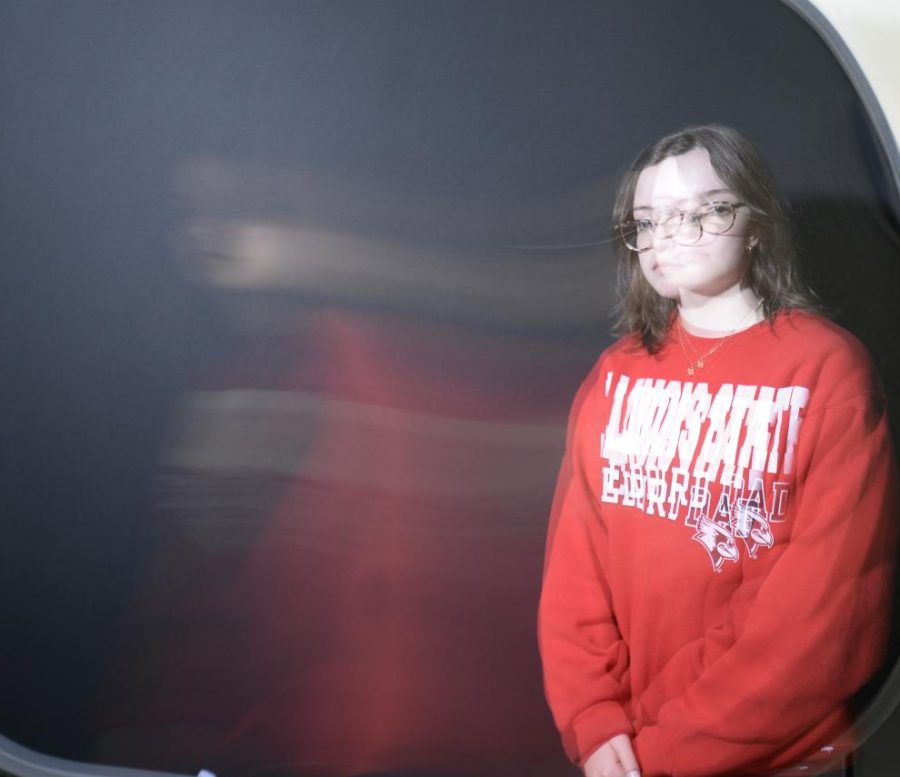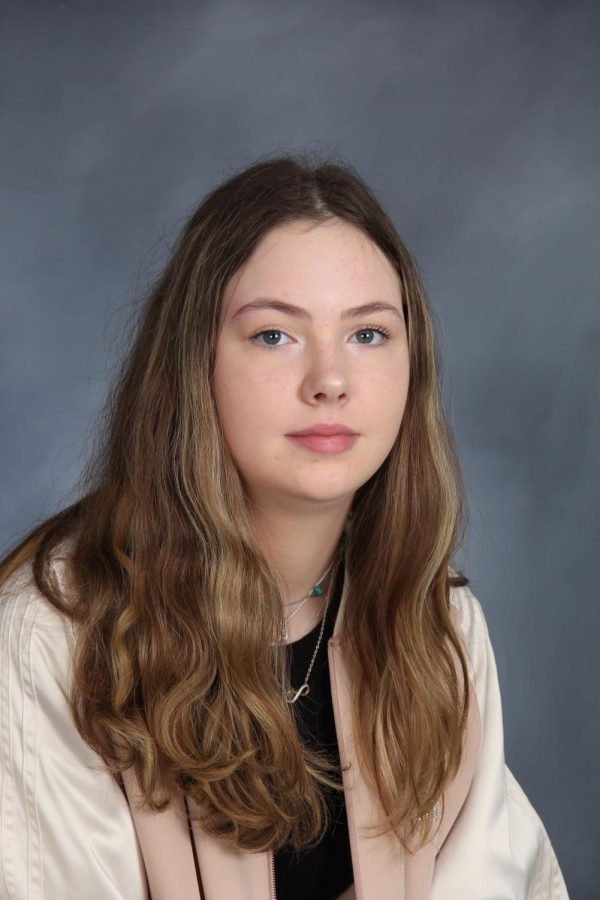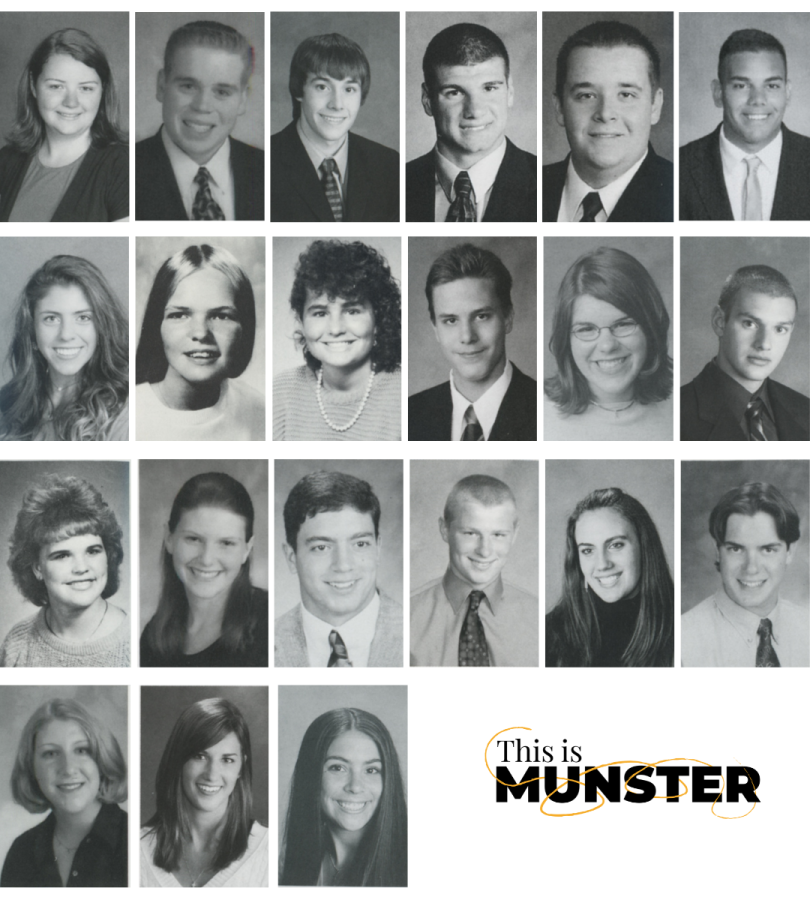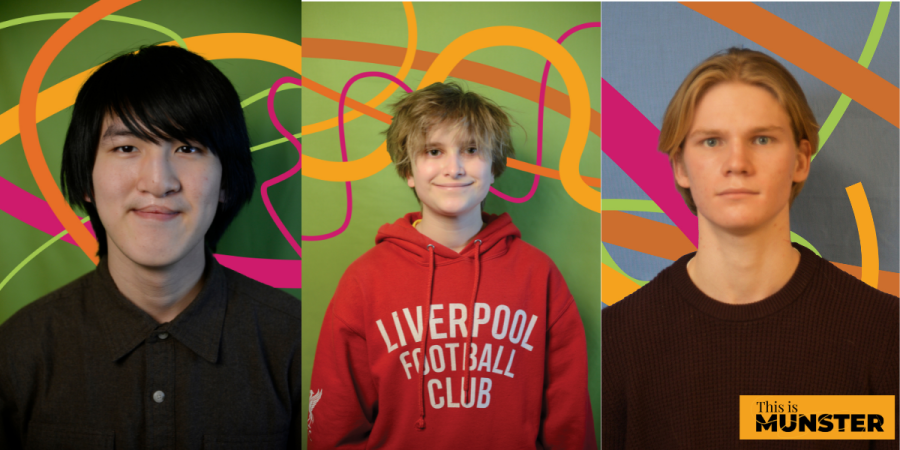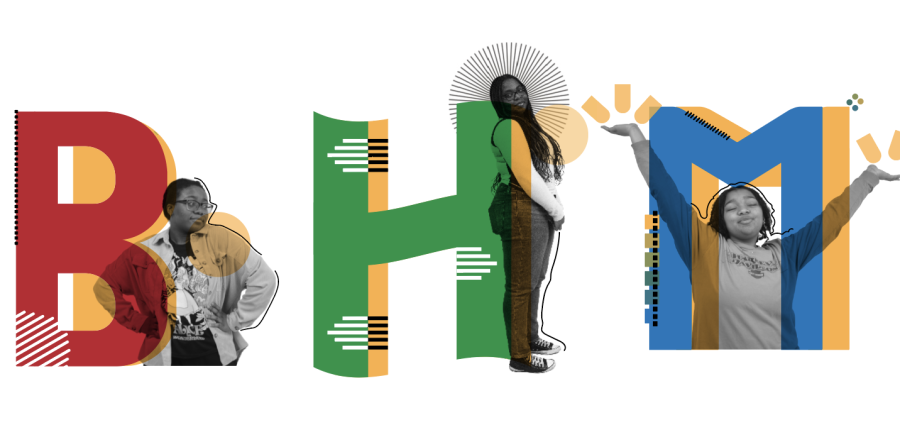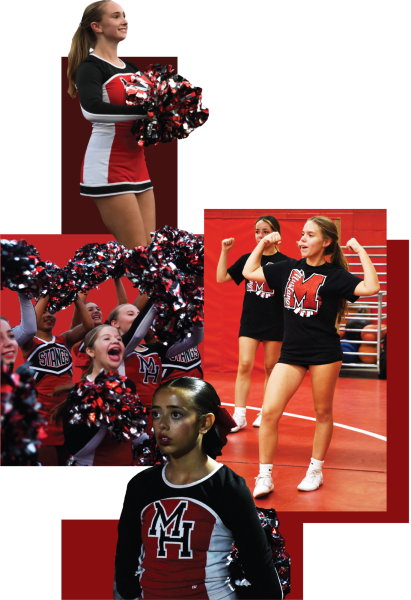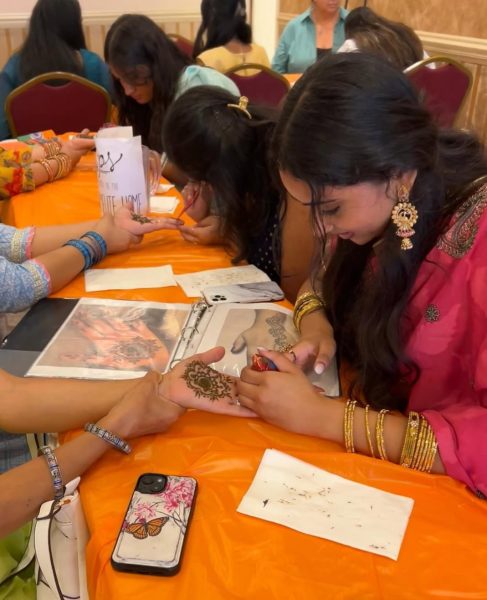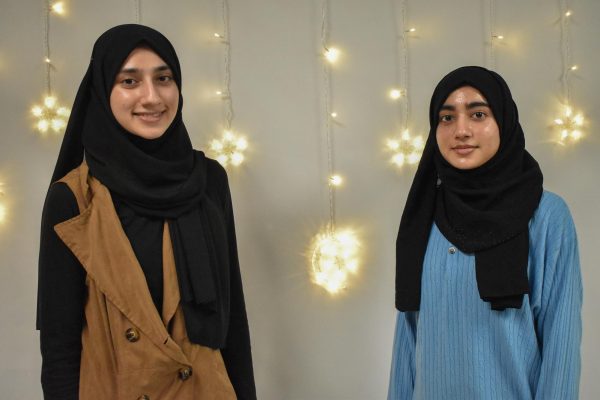Black History Month: students reflect on personal experiences and how they celebrate
Oluwapemisola Ogunjimi
Opening the door to find the smoke alarm going off again, Oluwapemisola Ogunjimi, sophomore, can barely see through the smoky kitchen. The rich smell of habanero peppers, tomatoes and bell peppers fill the house. She knows without even asking that jollof rice is what is for dinner.
“What I love about Nigerian food is that you can never say anything is plain,” Oluwapemisola said. “Food tells a story, when people go on a journey, food goes with them. So the journey of everyone who descends from Africa is all told through food and still unites us today.”
Growing up with mostly Nigerian food, the completely different pallet of flavors that Nigerian food is infused with had a stark contrast to stereotypical American food. Oluwapemisola’s family every year goes out to pick fresh ingredients, where they later store the dozens of pounds of food in three separate deep freezers, all to keep up with the amount of Nigerian food they cook throughout the year. However, the food did not stay in the smoky kitchen.
“In middle school, one of my uniting factors with all my friends, Black or otherwise, was food because all of them loved it. So I’d always bring it to school and they’d eat it before I could.” Oluwapemisola said.
Nneka Oniah
It takes a pair of earbuds and a single tap for Nneka Oniah, junior, to feel connected to her heritage. She expresses how she integrates her culture into her day-to-day life through the music she listens to. Listening to genres and artists stemming from Black culture, especially highlighting Kendrick Lamar, have had a great influence on her.
“Genres and artists that stem from Black culture influence my connection to my own traditional values by putting shared experiences and feelings into words. Songs are able to perfectly capture feelings with their lyrics,” she said.
The first song Nneka heard from Kendrick Lamar was ‘Alright’. This song later became a widely-renowned anthem for the Black Lives Matter movement in 2015, becoming the nation’s battle cry towards a fight for change. As a Nigerian-American, Nneka connects to Kendrick Lamar’s music through the personal topics he covers. Lamar ignites black voices to rise up and fight oppression.
“In many of his songs, Kendrick talks about people who tend to be overlooked or undermined,” she said. “He speaks about experiences that people either succumb to or persevere from. He tells realistic stories, showing the negative and positive, which keep his messages real.”
Kam Hubbard
Receiving a good grade in a class can be as easy as asking, “Can you help me with number nine?” Which for Kam Hubbard, junior, is much more complicated than it seems. Kam finds that she had to change the way she talked to teachers at times in order for them to understand what she needs help with.
“It was not as easy to learn—I was not being accepted for who I was, so I had to change that in order to make friends, to fit in and to learn,” Kam said. “It’s different and you have no other choice but to change the way that you act in order for people to listen to you, give you the help that you need or just for respect.”
Having moved from a predominantly black school to Munster, a predominantly white school, Kam felt a shift in how she was seen. She felt pressured to have a bigger personality and caught herself code-switching—when minorities adjust their behavior, appearance and style of speech to optimize the majority’s comfort.
It was not until her freshman year in high school that Kam realized that it was okay to be the loud and loving person she always was. Being able to be comfortable with herself was a big step in being happier and less stressed.
“The realization was like a breath of fresh air, like it’s okay to be me,” she said. “I think Black Culture Club
helps with that a lot. Being able to go to a place or talk to people about the struggles that we face and the things that we do.”
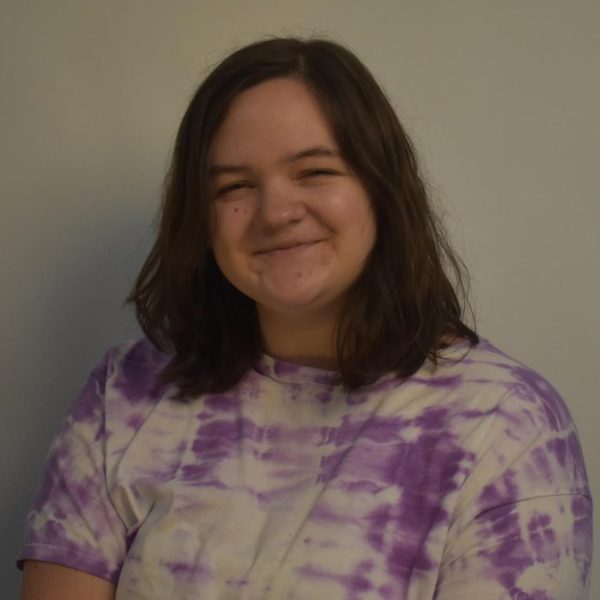
Hi, I'm Emily! I'm a senior at MHS this is my third year in Crier. I love to read, write, and draw. A fun fact about me is that I have a yellow car.
Hi! I am Josephine Mittelberger and I am a guest editor. I am currently a senior in theater and philosophy club as well. A fun fact about me is that I...

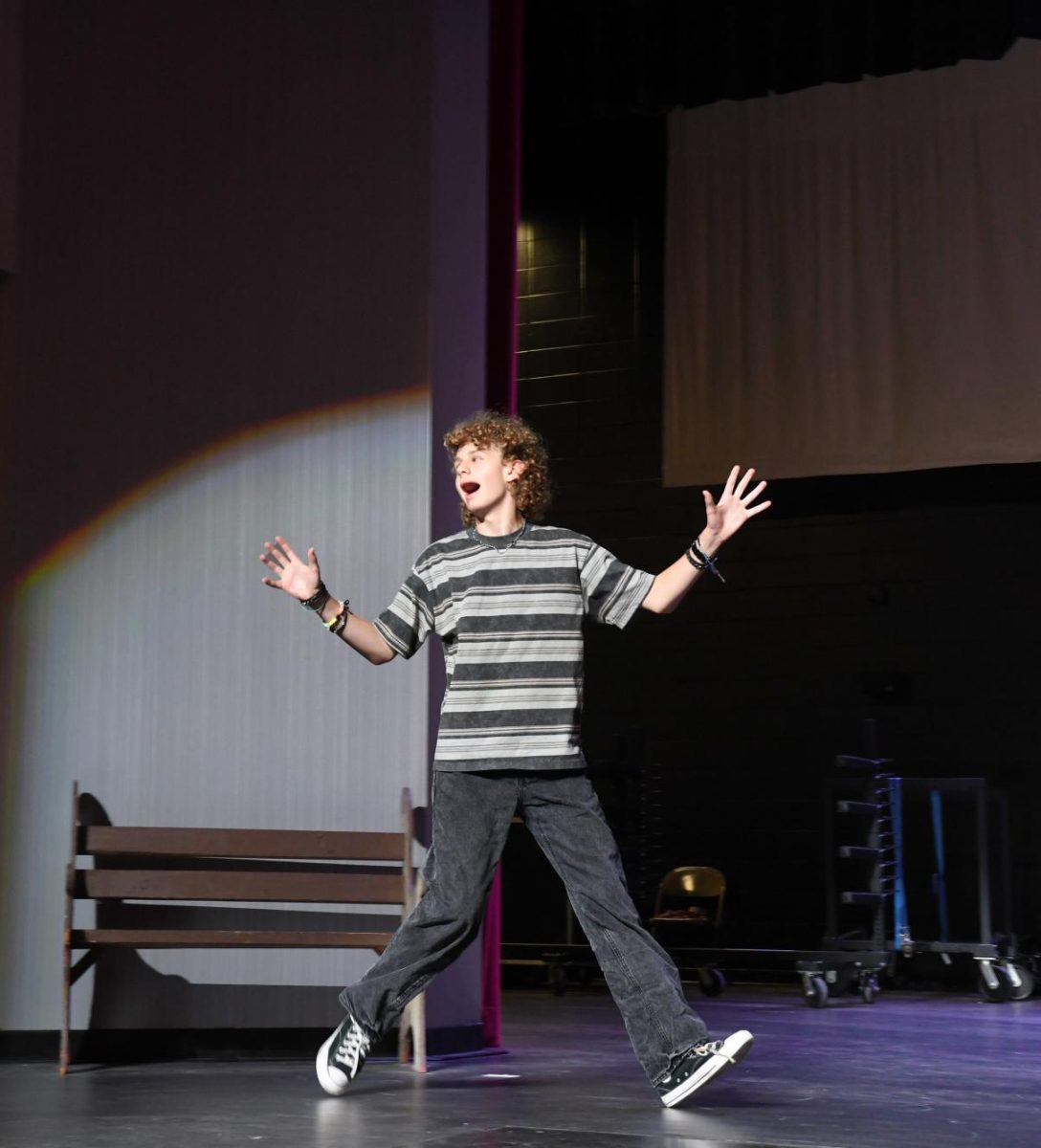



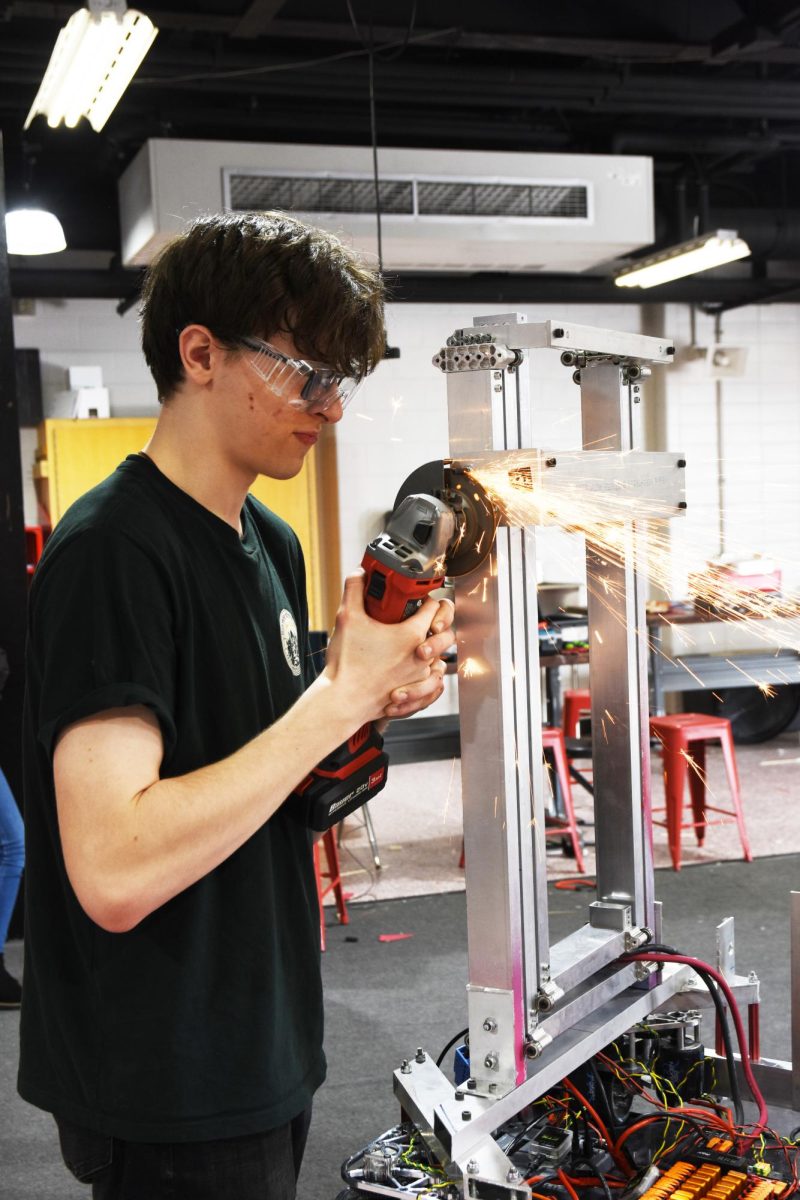




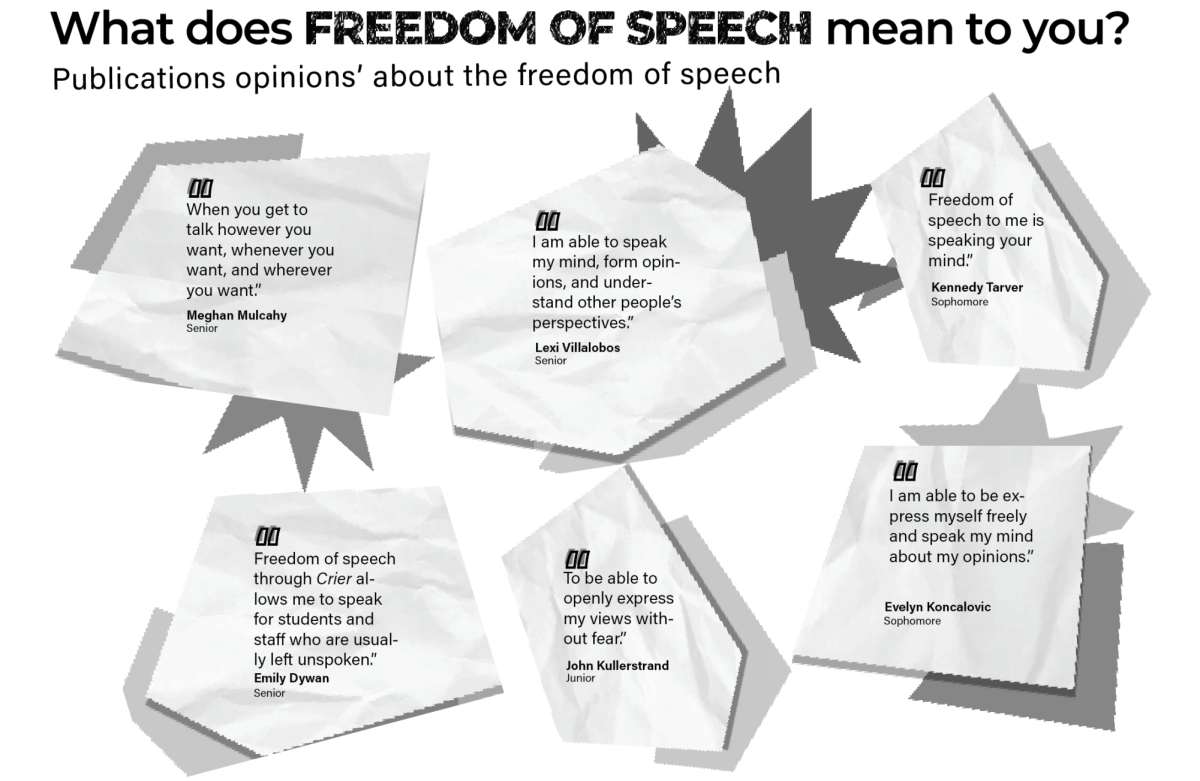



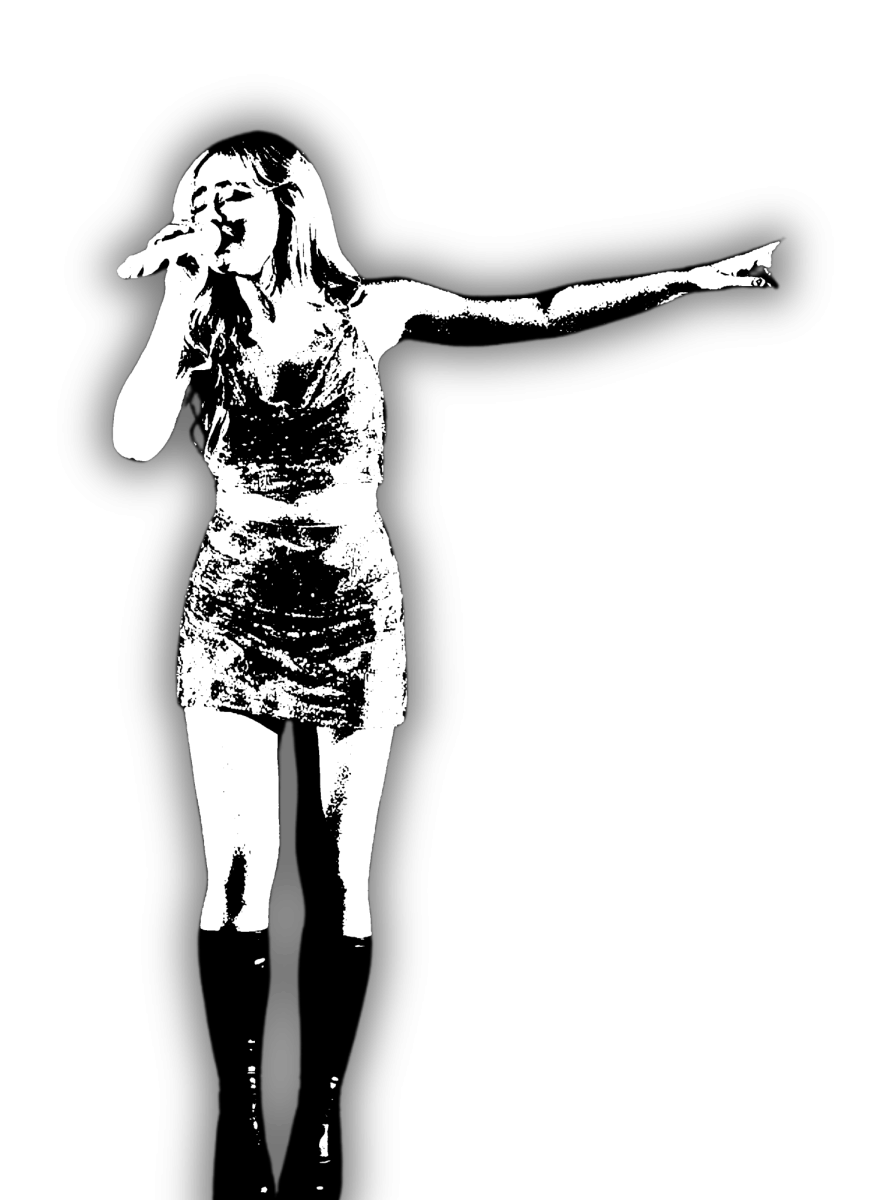
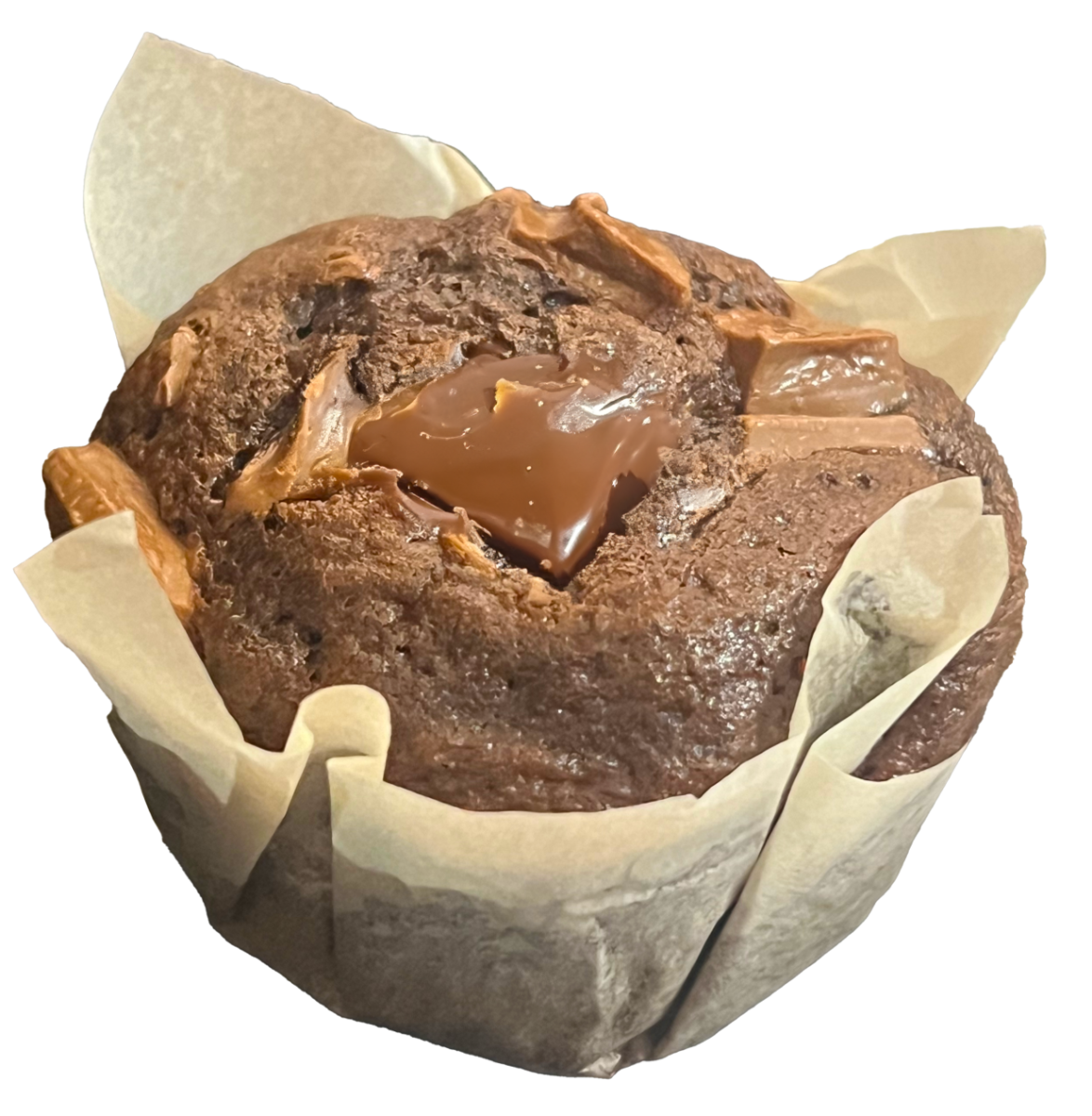
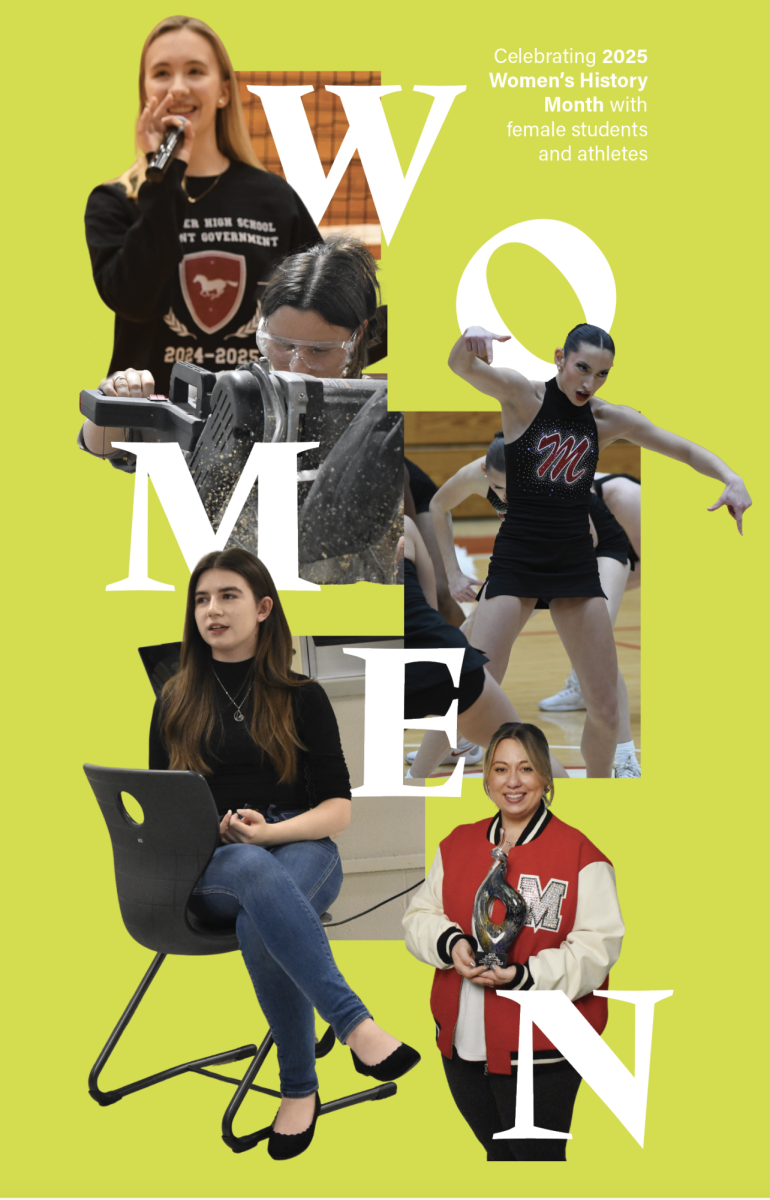
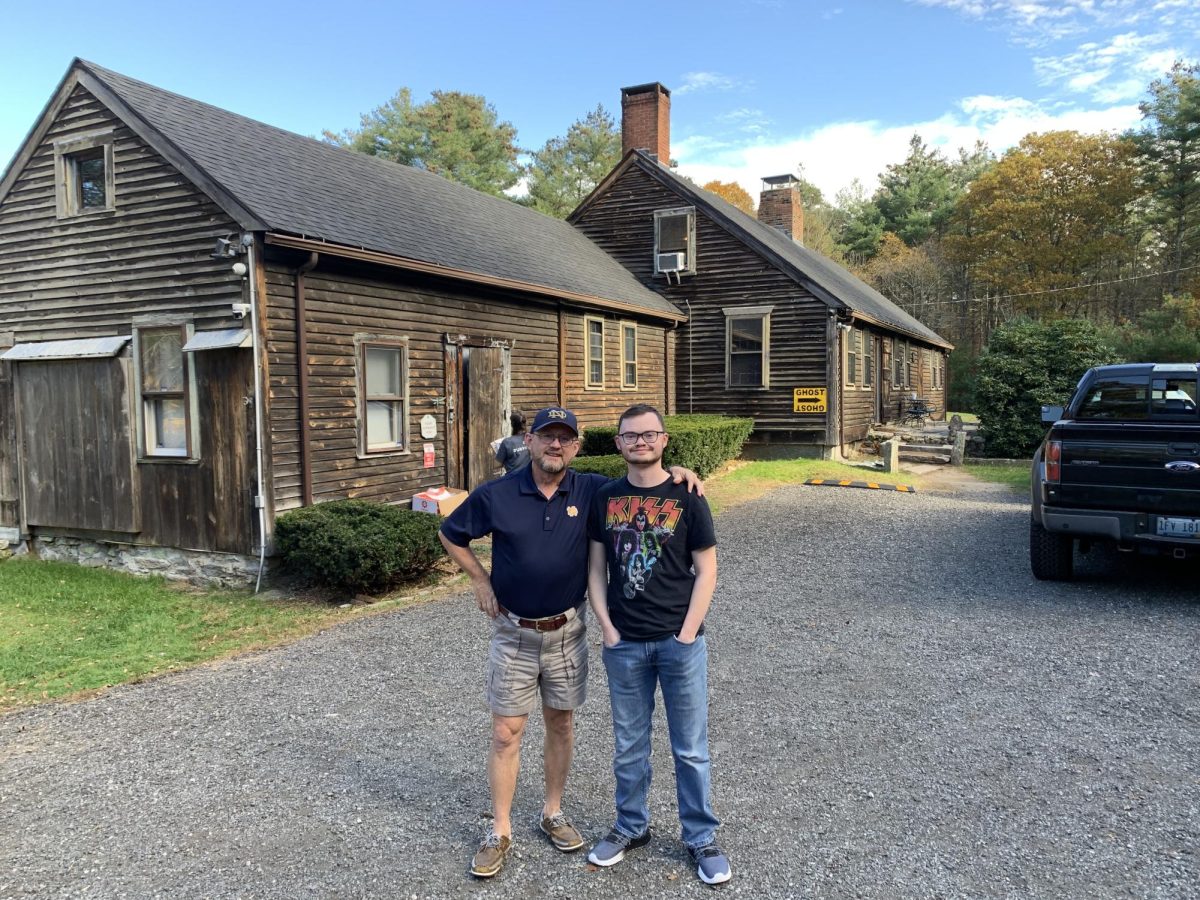
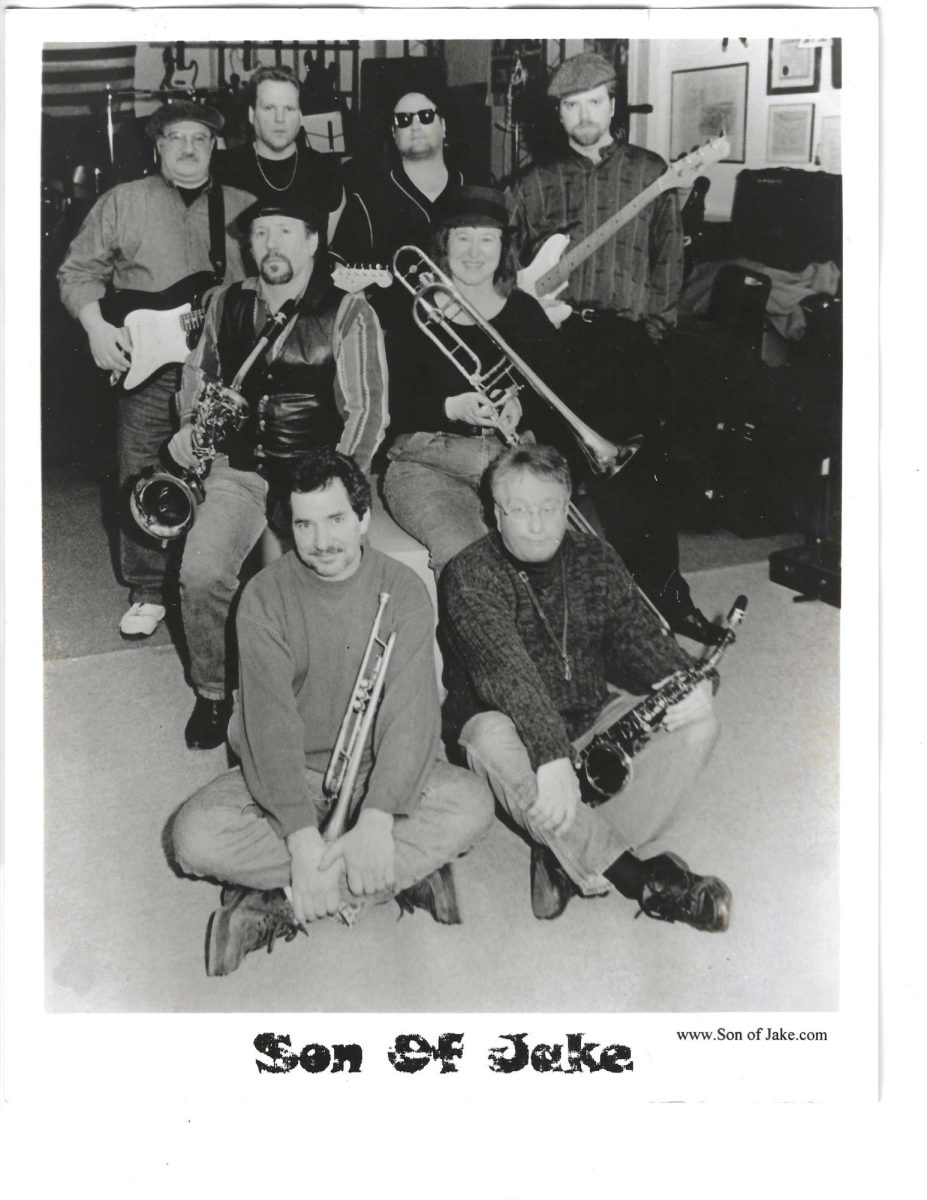
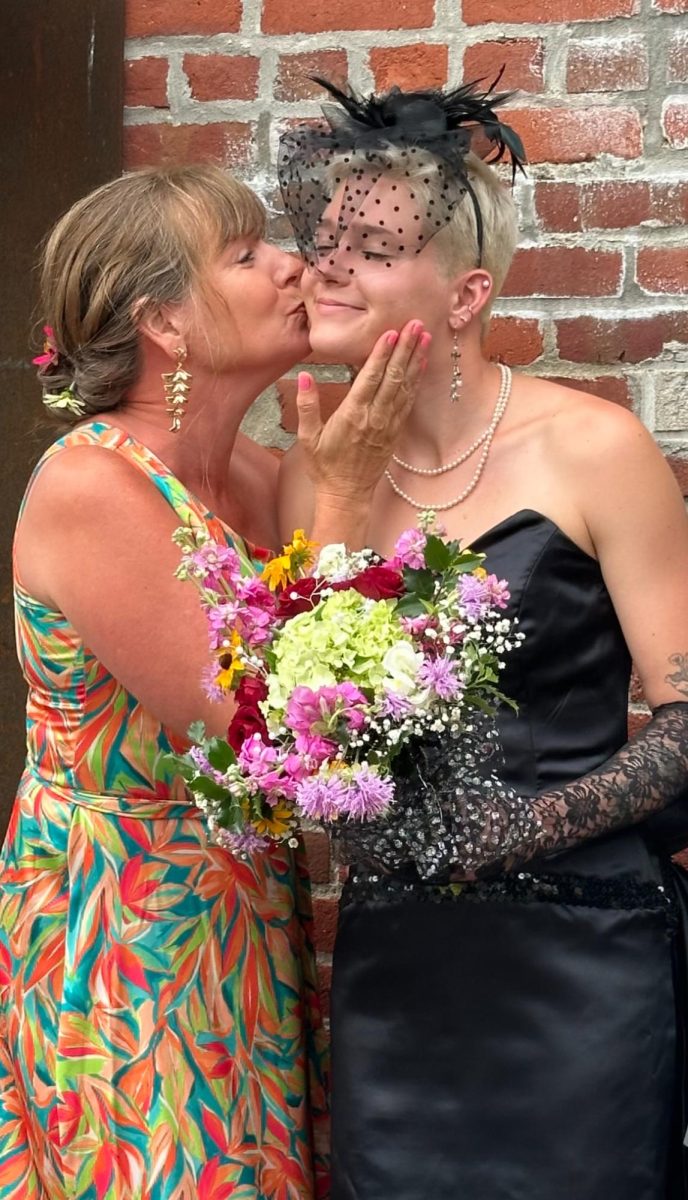

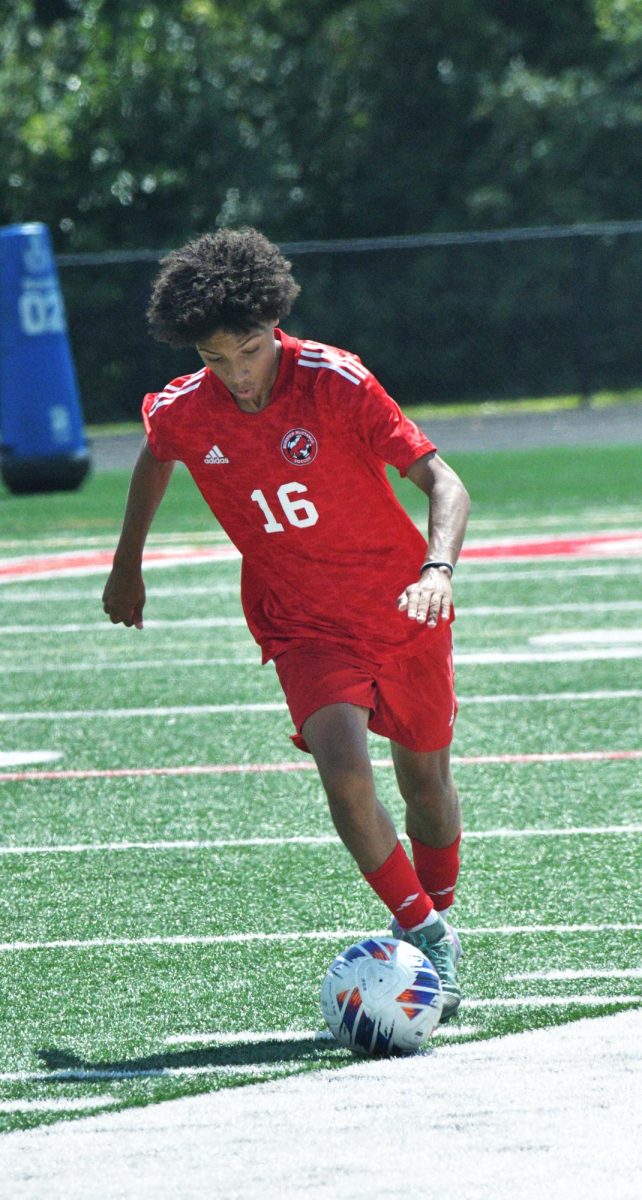
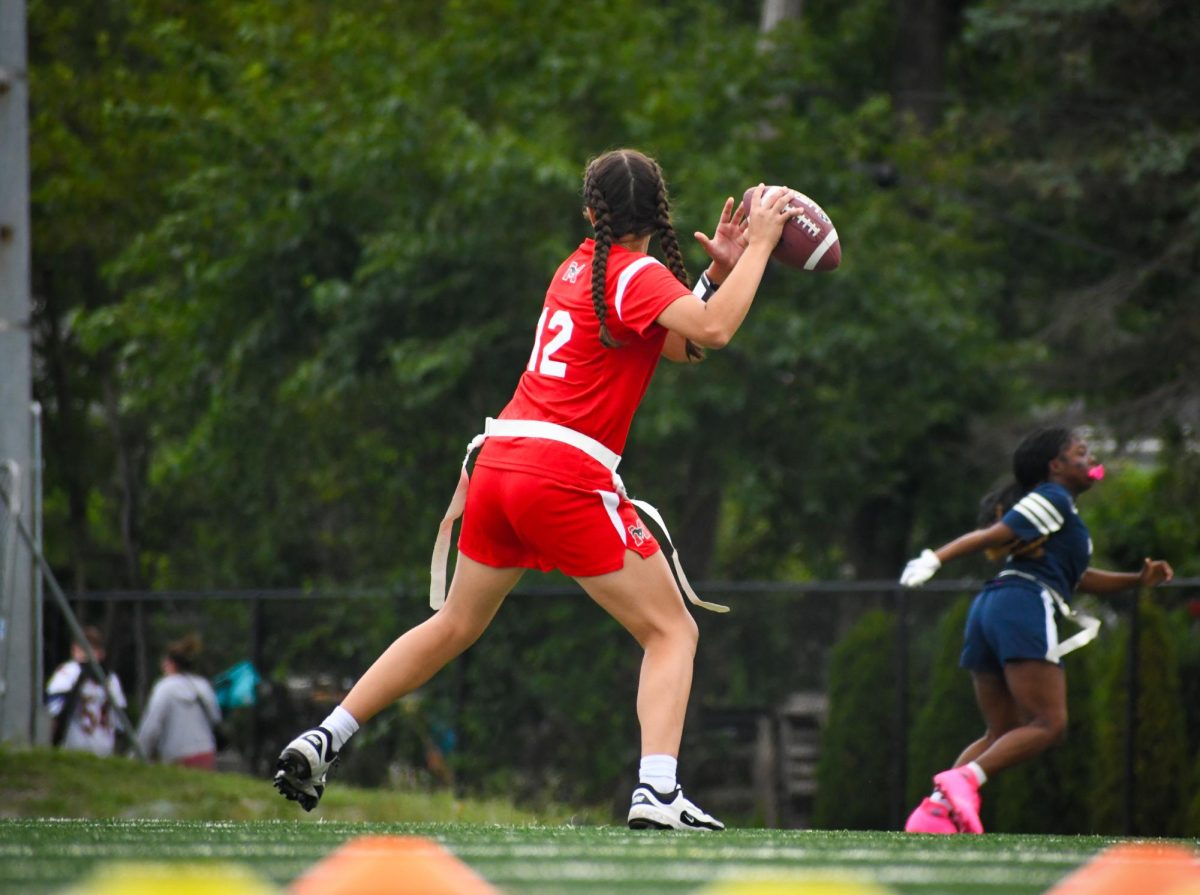
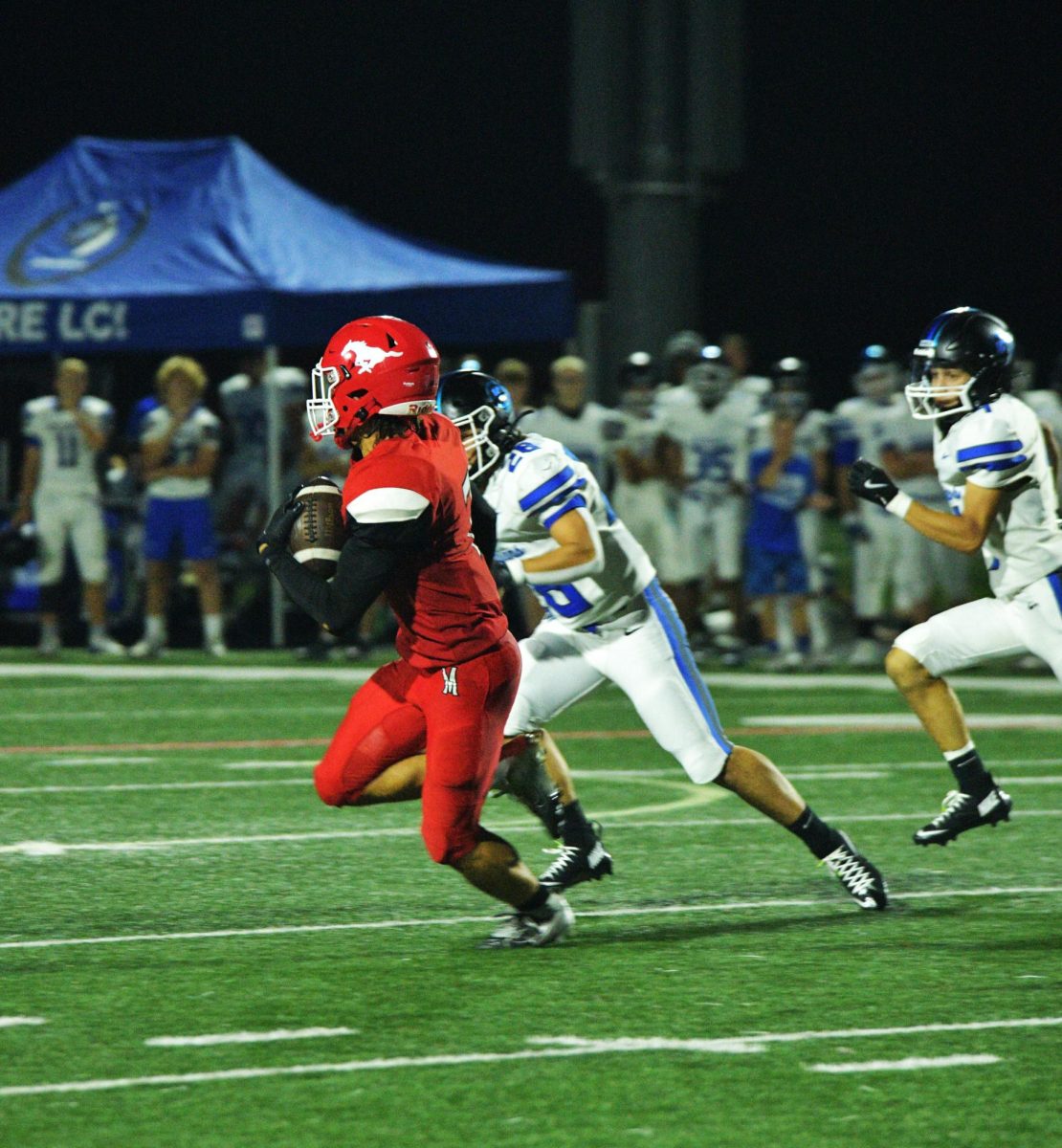

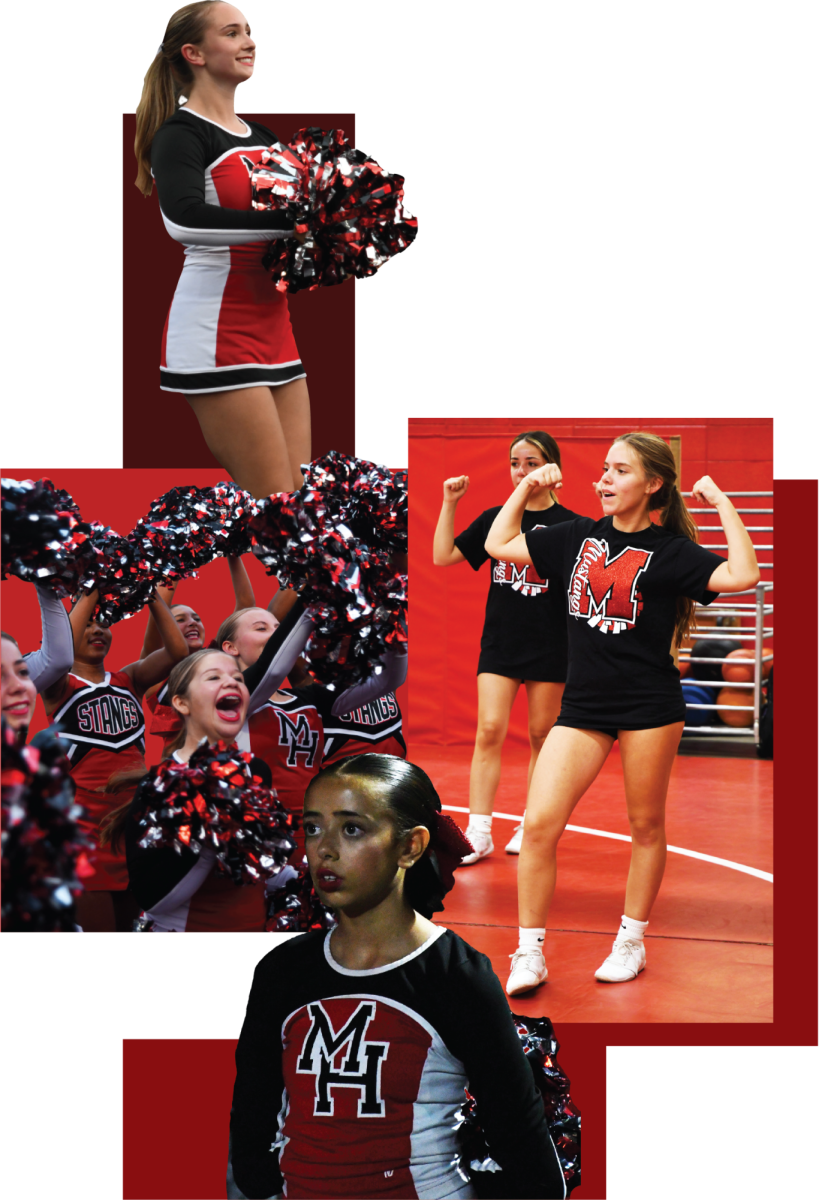
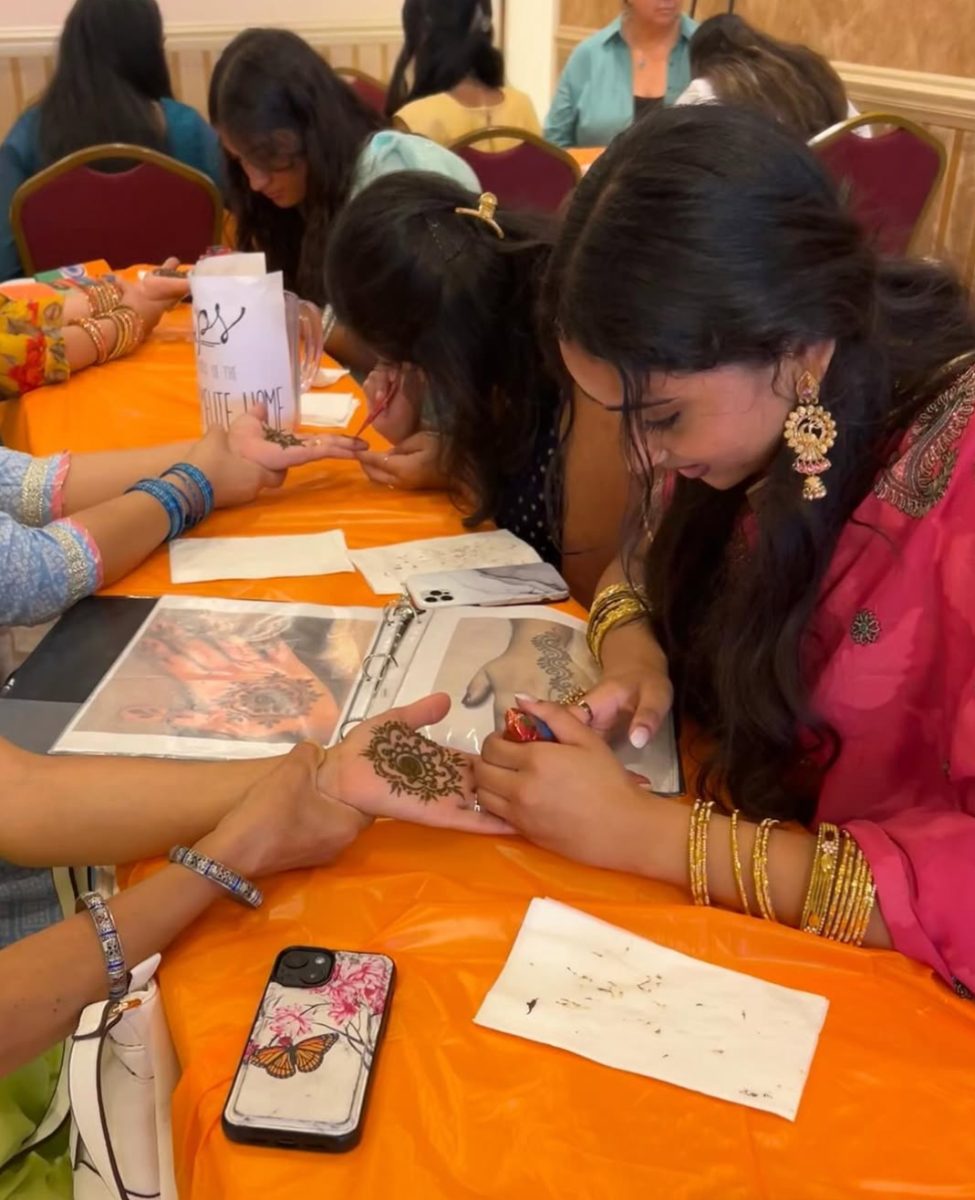
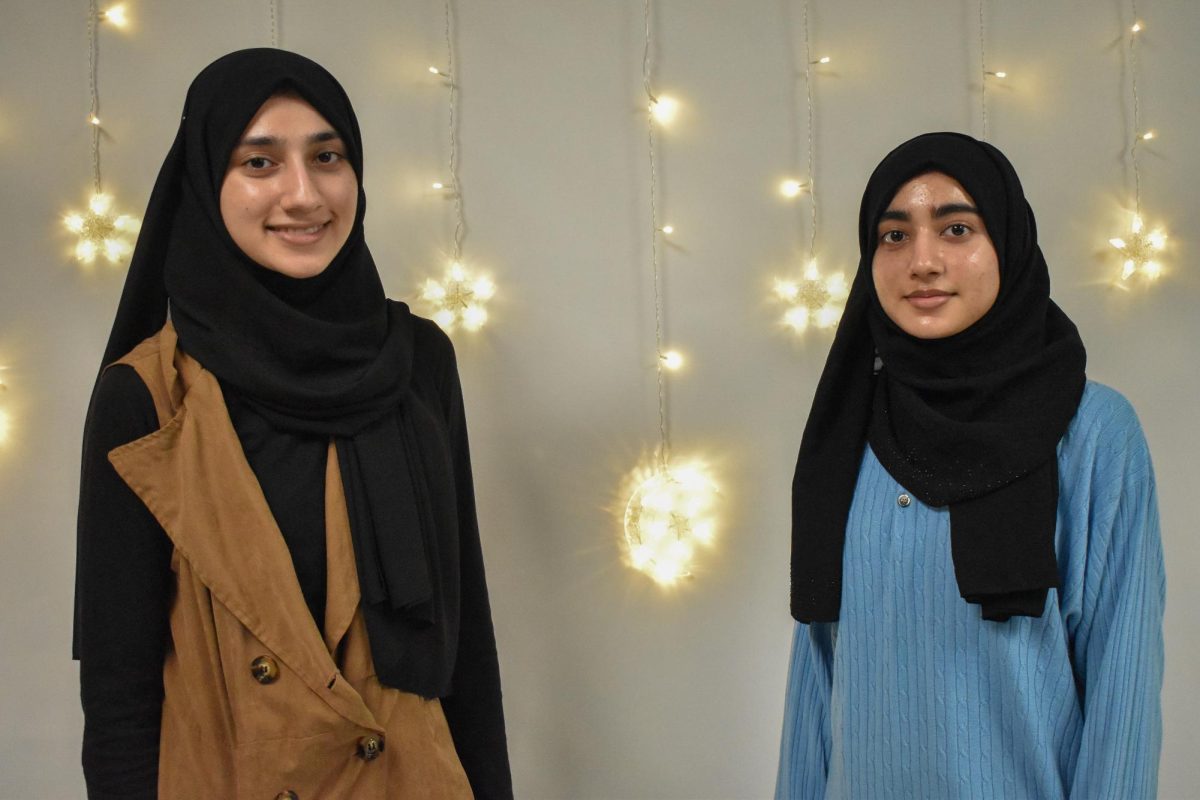
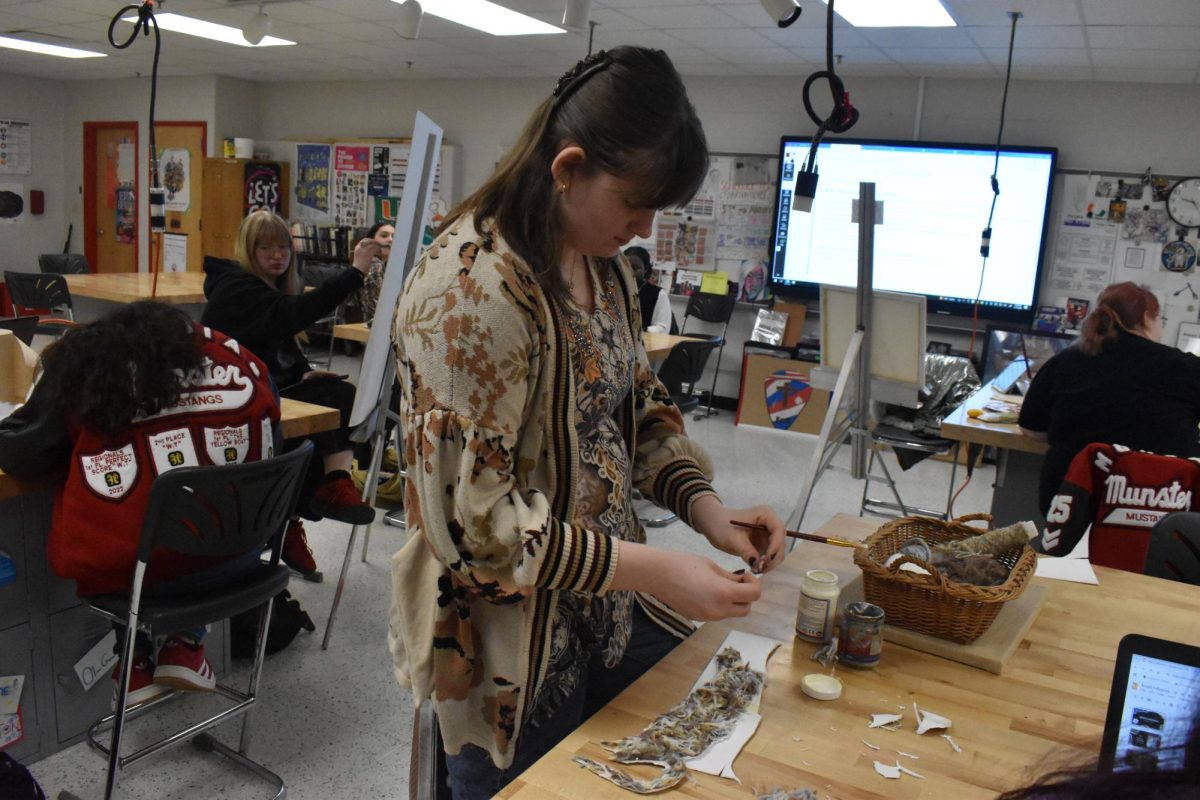

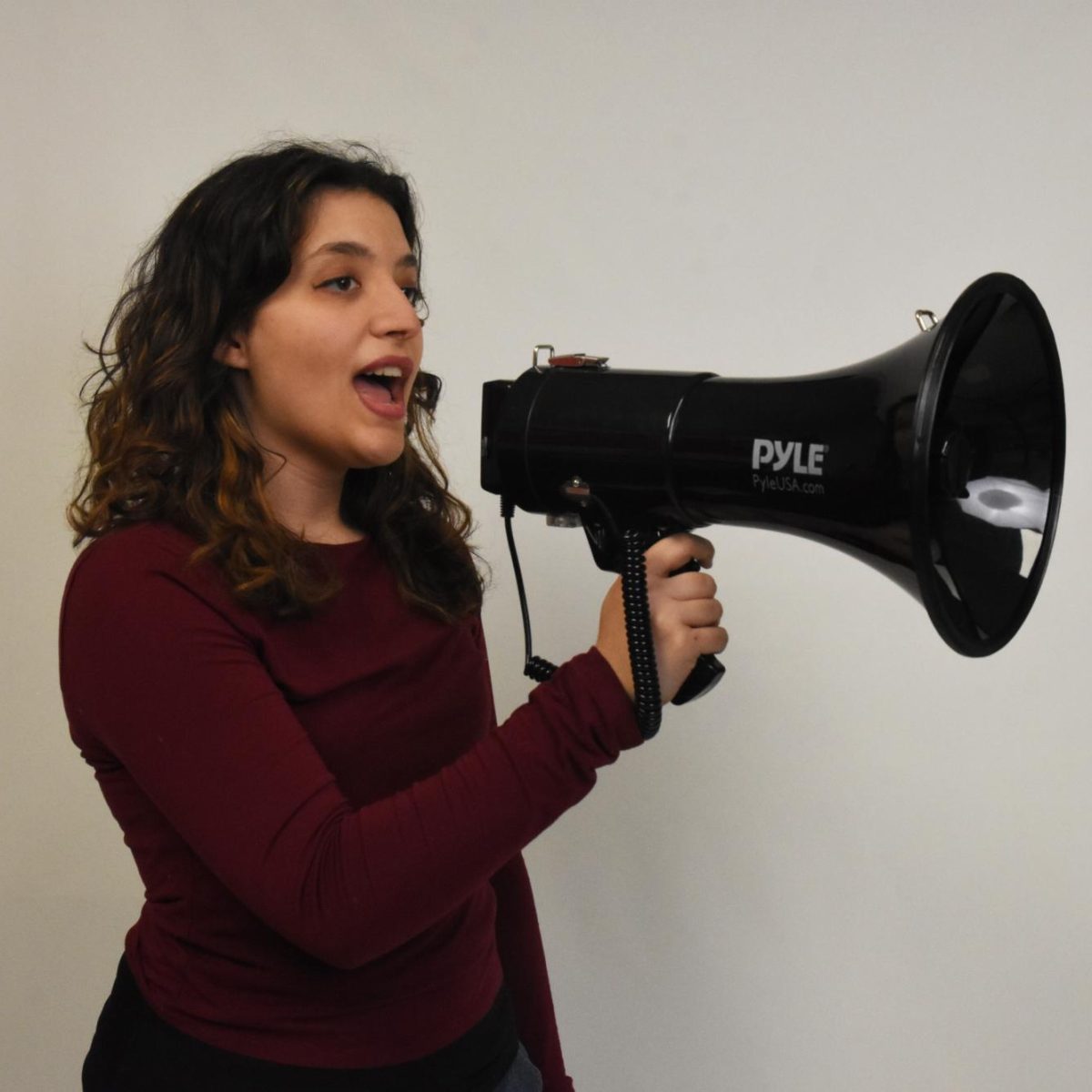
![SNAP HAPPY Recording on a GoPro for social media, senior Sam Mellon has recently started a weekly sports podcast. “[Senior] Brendan Feeney and I have been talking about doing a sports podcast forever. We love talking about sports and we just grabbed [senior] Will Hanas and went along with it,” Mellon said.](https://mhsnews.net/wp-content/uploads/2025/04/sam-892x1200.png)


